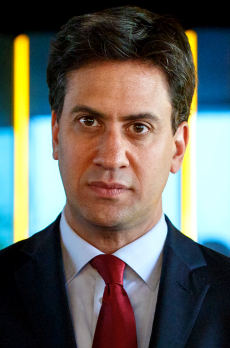
Yet the failure of this policy did not have the negative impact on the popularity of the Conservative party liberals and leftists had hoped for because the official opposition was deemed to be in quite a state itself. Under Corbyn, the Labour party moved further to the left of the political spectrum – far further to the left than much of the electorate; not a good way to win over swing voters. His leadership of the party has roundly been deemed a failure, yet he has hung on to power for the last 18 months. What we have seen over the last year-and-a-half then is the degree to which Prime Ministers are liberated when the official opposition is unable to capitalise on any failings or shortcomings of the government.
A prime example would be Theresa May’s handling of Brexit. She was able to almost entirely avoid setting out even a rough plan of what the government was aiming for with the upcoming exit negotiations with the EU until early this year. Because the opposition had and has such little credibility in the public eye, she could simply deflect from Corbyn’s questioning on the Brexit negotiations at Prime Minister’s Questions confident that her popularity would not suffer for it. And even though it was ruled by the Supreme Court that whether Britain left the EU or not had to ultimately be decided by the UK Parliament, the Brexit bill was voted on by the Commons without a single amendment being made to it which might constrain May’s power to agree to a hard Brexit which most MPs are thought to be opposed to.
The last major constraint upon a Prime Minister and their government is something I just touched upon: the attitude of the media. In after the general election of 1992, in which the Conservatives were victorious under the leadership of John Major, the front page of The Sun, which backed Major, famously read: “It was The Sun wot won it”.
The Sun also ran a strong campaign against the then Labour leader Neil Kinnock. Its headline on the day of the election was: “If Kinnock wins today could the last person to leave Britain please turn out the lights”. Ed Miliband, leader of the Labour party 17 years later, also received this sort of negative media publicity in the run up to the 2015 election.
It is believed by many that papers, through both the angle of their reporting and their opinion pieces, can seriously help or hinder the chances of a party at a general election due to their influence with the public. Prime Ministers are therefore limited in what policies they put forward or what decisions they make as they have to consider how they will be received by newspaper editors, reporters and columnists.
In conclusion, the Prime Minister has a huge amount of power, but it can be heavily kept in check by a decent opposition, the pressure of keeping party unity and the approach of the media towards them – as well as the attitude of the British electorate.
Image: By Financial Times [CC BY 2.0 (http://creativecommons.org/licenses/by/2.0)], via Wikimedia Commons

0 Comment:
Be the first one to comment on this article.